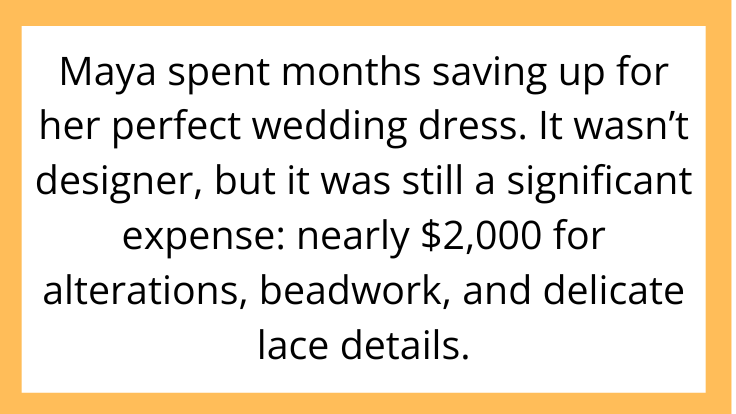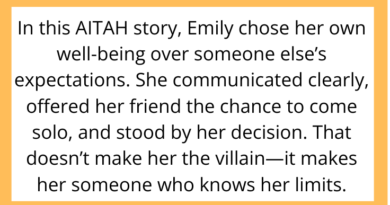AITAH for Expecting My Best Friend to Pay for the Dress She Ruined at My Wedding?
Weddings are meant to be a celebration of love, but sometimes, they turn into a breeding ground for drama, misunderstandings, and hard feelings. In this AITAH scenario, we’re exploring whether standing up for yourself financially makes you the villain—or simply someone with healthy boundaries.
Let’s dive in.
The Situation: A Dream Dress Turned Disaster
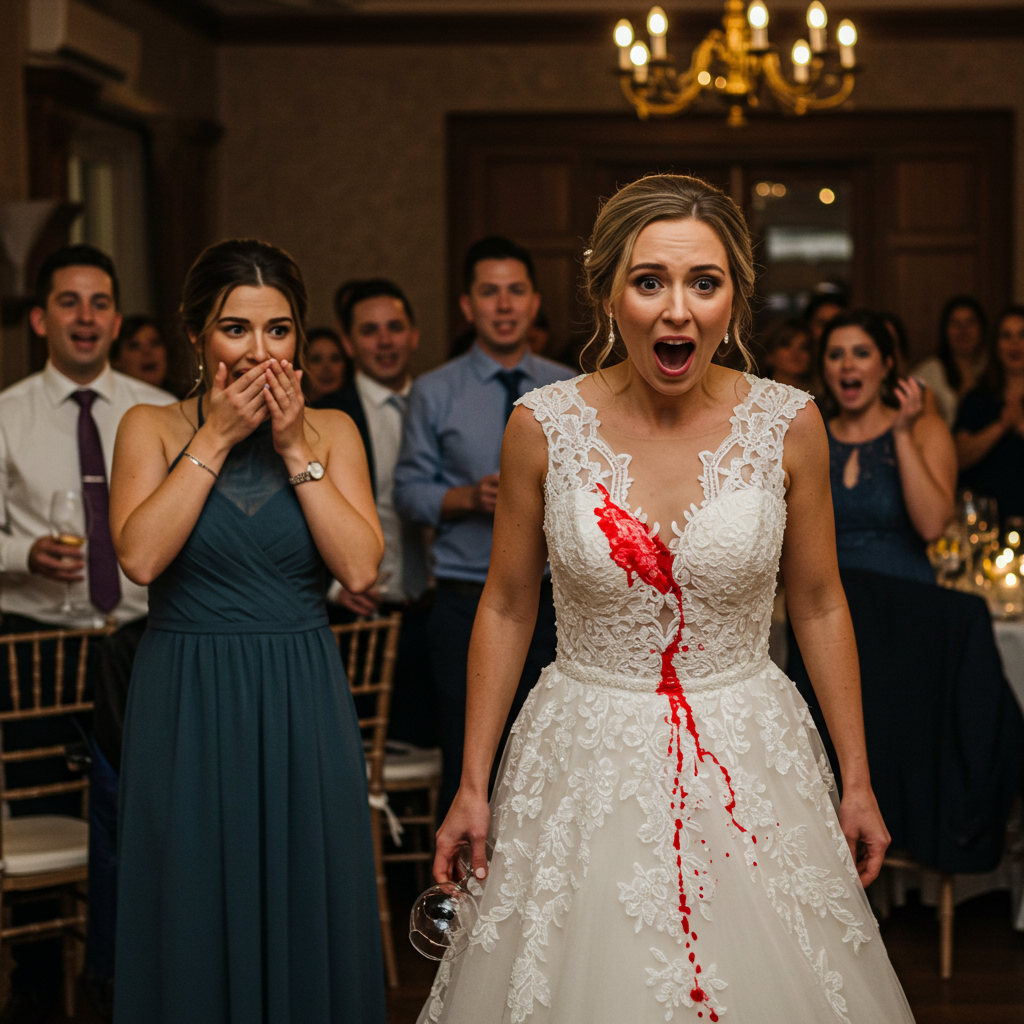
The original poster—let’s call her Maya—shared her story on r/AITAH after her wedding turned sour over an unexpected mishap.
Maya spent months saving up for her perfect wedding dress. It wasn’t designer, but it was still a significant expense: nearly $2,000 for alterations, beadwork, and delicate lace details.
On the big day, Maya’s best friend and maid of honor, Zoe, accidentally spilled an entire glass of red wine down the front of the gown during the reception.
Everyone gasped. The dress was immediately stained, despite the catering staff’s quick efforts. Maya tried to stay calm and not let it ruin her night, but inside, she was devastated.
The Aftermath: Asking for Compensation

A few days after the wedding, Maya got the cleaning bill: $450. Even after professional cleaning, the stain didn’t completely come out.
She decided to talk to Zoe privately. She explained that the dress was beyond repair and gently asked if Zoe would be willing to help cover at least part of the cost to replace or compensate for the damage.
Zoe was shocked. She apologized again for the accident but said she thought Maya’s wedding insurance or cleaners would have covered it. She said she felt hurt that Maya would even ask her to pay, especially since it wasn’t intentional.
Soon, their mutual friends got involved, and opinions were split. Some said Maya was completely justified in asking Zoe to take responsibility. Others called Maya materialistic and accused her of prioritizing a dress over their friendship.
Maya turned to Reddit to ask: Am I the villain for expecting Zoe to pay for the dress she ruined, even though it was an accident?
Accidents Happen: But Who Should Pay?

The Case for Maya: Accountability Matters
From Maya’s perspective, it was a simple matter of accountability. While it was an accident, the damage was real—and expensive. If someone damages another person’s property, most people would expect them to cover the cost, regardless of intent.
Many commenters pointed out that if Zoe had backed into Maya’s car and scratched the paint, she wouldn’t hesitate to offer to pay for repairs. So why should a wedding dress be any different?
Maya wasn’t demanding Zoe cover the entire price of the gown, just a fair portion of the cleaning and partial replacement.
The Case for Zoe: An Honest Mistake
On the other hand, Zoe felt blindsided. Weddings are high-pressure environments, and accidents happen. She already felt terrible, and she believed Maya’s request put an unfair burden on her—especially since she hadn’t intentionally damaged the dress.
Zoe also felt that their years-long friendship should outweigh a one-time mistake.
Some Reddit users agreed, saying that putting a price tag on the incident was petty and could permanently damage their bond.
Reddit Weighs In: The Verdict is Divided

This post quickly gained traction on AITAH, racking up thousands of comments.
One of the top-voted replies summarized the dilemma perfectly:
“It’s not about punishment—it’s about responsibility. If you break it, you buy it.”
Another commenter disagreed:
“This was your best friend, not a stranger. She made a mistake in a stressful moment. You have every right to be upset, but you’re risking the friendship over money.”
Others suggested a compromise: ask Zoe to contribute only to the cleaning bill rather than the full replacement cost.
The Deeper Issue: Money and Friendship
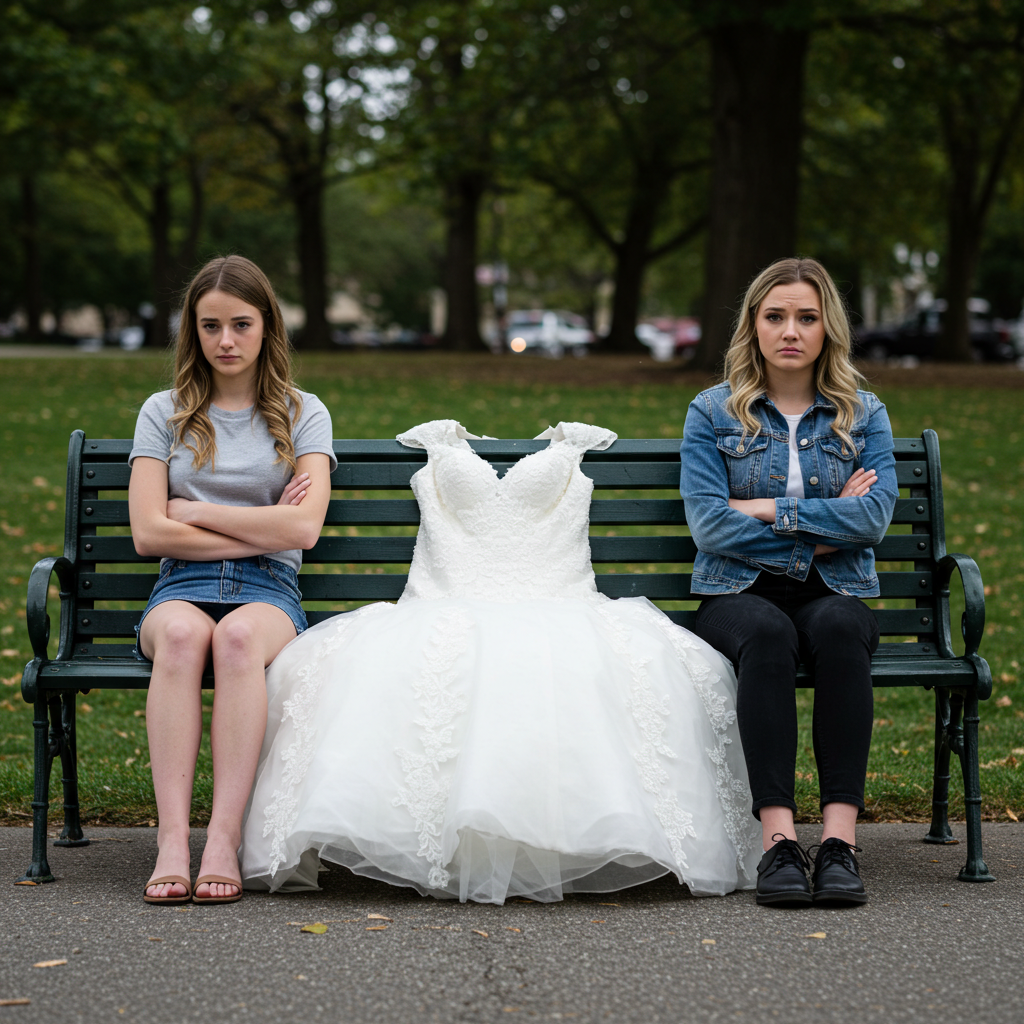
This situation goes beyond spilled wine. It’s about how we handle conflict in relationships, especially when money is involved.
Some friendships are strong enough to weather a financial dispute. Others crumble when expectations clash.
In Maya and Zoe’s case, both women felt hurt—Maya because she felt her loss wasn’t taken seriously, and Zoe because she felt accused and shamed for an accident.
What Could They Do Differently?
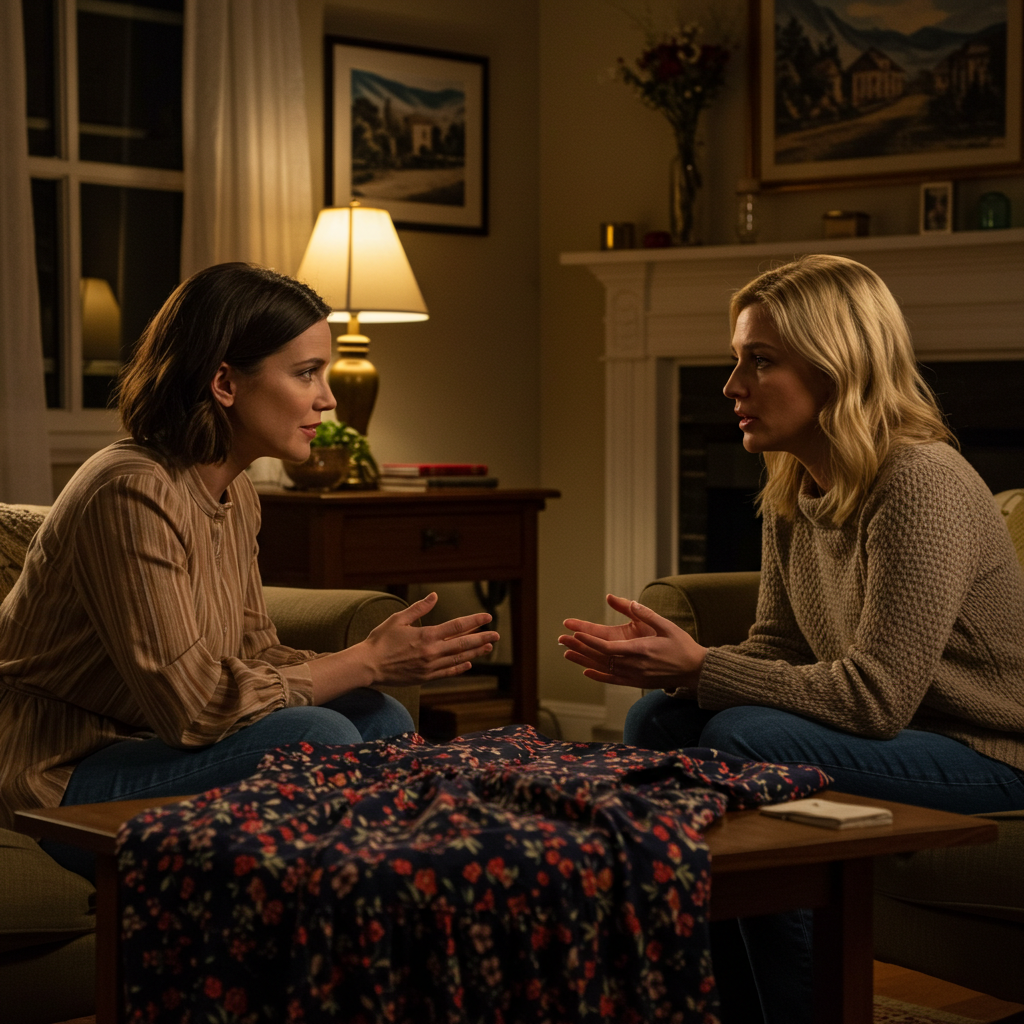
For Maya:
-
Consider whether partial compensation (like the cleaning bill) would feel fairer.
-
Reflect on whether preserving the friendship matters more than the financial loss.
-
Communicate clearly and compassionately, avoiding accusatory language.
For Zoe:
-
Understand that while it was an accident, it still caused harm.
-
Offer at least partial reimbursement as a gesture of goodwill.
-
Be open to dialogue rather than getting defensive.
The Takeaway: You’re Not Always the Villain for Setting Boundaries

This AITAH scenario reminds us that accidents don’t erase responsibility. At the same time, friendships thrive on grace and understanding.
If you find yourself in a similar situation—on either side—try to lead with empathy. A sincere apology, a reasonable offer to make amends, and an open heart can go a long way toward preserving relationships.
